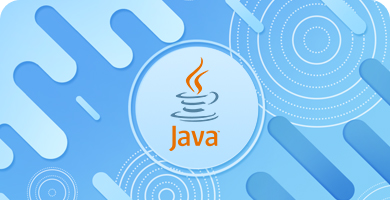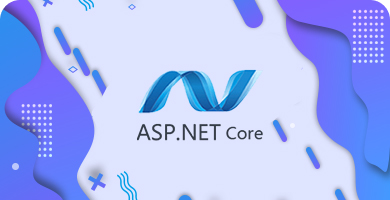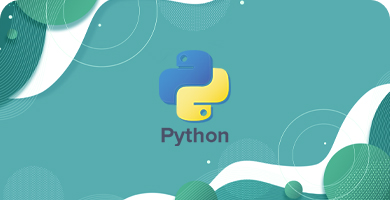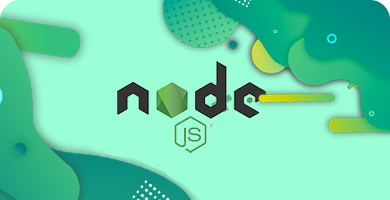Runtime Environments: Java, PHP, ASP.NET, Python, and Nodejs hosting
Well-Known Examples of Runtime Environments
CloudClusters provides multiple runtime environments for deploying applications and testing the execution, from our simple, cheap cloud web hosting to our fully-managed APP Platform offering.

Java Hosting

PHP Hosting

ASP.NET Hosting

Python Hosting

Node.js Hosting
The Main Functions Provided by CloudClusters in the Runtime Service

Multi-language runtime environments for application testing (e.g., Python, Java, PHP, ASP.NET, and NodeJS).

A set of software development tools (optional).

Management console for cloud-based application management.

Data storage, management, and distribution repositories (MariaDB, MySQL, Oracle, SQL Server, etc).
Benefits of Runtime Environments
One major benefit of runtime environments is that programs have access to all the functionalities they need and thus work independent of operating systems. Additionally, programs have identical user interfaces regardless of whether they’re run on Windows, macOS or Linux.
App Cross Platform
Runtime environments enable cross-platform functionality for applications. This simplifies the development process as the program does not need to be adapted to different operating systems. If a program uses the functionalities of a runtime environment for its execution, people using different operating systems can benefit from the same functions and a near-identical user interface.

Simplified Software Development
Developers also use the runtime environment to test the execution of the application. In the event of an error, the RTE reports the cause of the crash. The framework is also relevant to the runtime environment. These program structures simplify software development and can include the runtime environment in which programs are executed.

Features of Cloudclusters Runtime Environments
Cloudclusters' runtime environments make it extremely simple to develop applications. It allows your applications to run in a protected, highly-organized environment while managing their interactions with the outside world and has high security, reliability, and uptime.
FAQs of CloudClusters Runtime Environments
What is Runtime Environment?
The runtime environment loads applications and lets them run on the platform. This platform provides all the resources needed to run independently of the operating system.
What does runtime environments do?
What is Java Runtime Environment?
In order for a software program to execute code, it needs a runtime environment to load class files, verify access to memory and retrieve system resources. The JRE specifically contains a Java class loader, which is responsible for loading classes and connecting them to the core Java class libraries, and the JVM, that ensures proper environment performance.
Java Runtime Environment (JRE) is needed to run Java programs, enabling Java to work on multiple OSes. JRE performs the basic tasks that Java needs to execute code, such as loading class libraries, verifying memory access and retrieving system resources.

